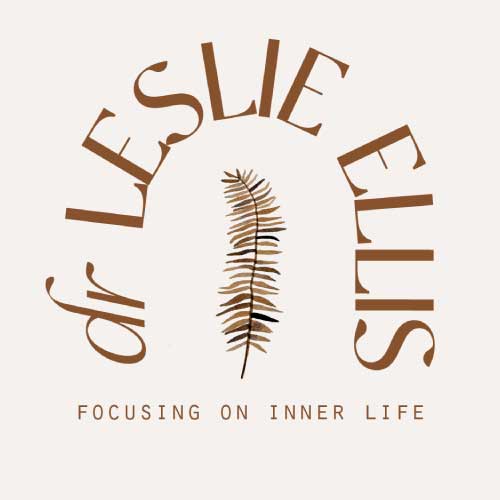Resistance to dreaming comes in many forms, and may be part of the reason we collectively forget so many of our dreams. In a dominant culture that leans toward the rational, empirical side of things, the magical, mysterious and unseen aspects of our existence can be lost or dismissed.
Lost or dismissed. This seems to be the fate of so many of our dreams. Even I, who spend much of my time studying, appreciating, writing and teaching about dreams, feel a resistance to them at times, unable to make time for them, too quick to think I understand them already. These are classic forms of dream resistance – to dismiss them as meaningless or as already understood. Yet when I do make time for my dreams, through art, imagination or discussion with others, the rewards are rich. I experience heartfelt connection with my dream partners and a deeper connection to myself and the larger world.
In my years of teaching clinical dreamwork and guiding dream journeys, it has often felt as though the path I’m travelling is slightly uphill, upwind, upstream; in some form or another, I encounter a fairly steady stream of resistance. One of my students had the courage to name this, and an interesting discussion ensued about the many forms of resistance to our dream lives. We often dream of emotional, provocative, deeply personal and at times difficult things, so it makes sense to have some resistance to turning toward all that, and especially to sharing it.
Interpetation as Disrespect for the Dream
One reason for the resistance to sharing dreams is the common experience that if we tell a dream to someone, they will impose meaning on it that may not be welcome or resonant. There is a tendency, based on popular but outdated notions, that dreams have a definitive meaning, that there are universal symbols, and if you learn these, you can tell someone what their dream means, what it says about them, and what they should do in response.
In fact, modern dreamwork is not like this. The International Association for the Study of Dreams actually states in its own bylaws that imposing a definition on someone else’s dream is not only unwelcome, but not even ethical. Still, the idea of dream interpretation persists widely, and dream dictionaries remain among the most popular ways of deciphering dream images.
What my dream-resistant student lamented, having been a victim of overly interpretive dreamwork herself, is that such dissection and analysis takes away the magic and mystery inherent in dreams. She asked, can we just enjoy them and all their strange, fantastic imagery without having to work at them or come up with a way to explain them? Can we just love the dream for its own sake, as we would a piece of art or breathtaking sunset?
Dream Loss as Resistance to Dreams
Sleep and dream researcher Rubin Naiman speaks of an epidemic of sleep loss, which he suggests is actually dream loss. He says that, collectively, we are resistant to our dreams because dreaming expands our consciousness, and unless you are someone who has psychologically and spiritually prepared for such a thing, this expansiveness can be scary and disorienting. In our collective culture, there tends to be a narrowing of our consciousness. We spend more time focused in little screens, less on being outside under the vast open sky – both literally and figuratively. So when we start dreaming, and we enter into an expanded sense of consciousness, this can feel threatening enough to affect sleep.
I would suggest that not only do dreams reflect a larger consciousness, but that they also reflect our deepest emotional life. This may also be something that we tend to resist in various ways – through overwork and busyness, through use of substances that numb us, and via attention to the many distractions at our fingertips.
However, as my student astutely observed, her resistance wasn’t the only force at work. After all, here she was, in a year-long dream course speaking about her lifelong fascination with dreams, and her strong desire to protect their profound and magical qualities. This resonated with the dreamers present – that we entertain our dreaming lives alongside and despite the resistance to them because the pull toward our dreams is even stronger than the resistance. We can respect our hesitation around dreaming, and at the same time, can feel and appreciate their consciousness-expanding properties, their wider wisdom and their creative genius.

